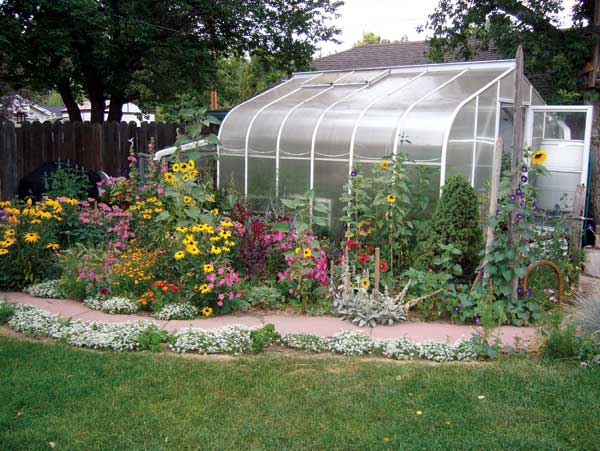Having a garden greenhouse allows you planting seeds to grow plants, lengthen the cultivation period and hibernation of fragile plants sheltered from inclement weather – wind, frost, hail. It is very common these days to have a greenhouse at your backyard. There are several aspects that you need to consider. But, before we proceed, you are recommended to visit https://www.surreyhillsgardenbuildings.co.uk, to get more information on this particular subject.
Types of garden greenhouse
To guarantee the functions of a garden greenhouse, several elements must be taken into account when choosing –
- Quality of the structure and the panels, which guarantee the longevity of the greenhouse,
- Measures, which must be combined with the needs of the crops,
- Location and orientation – avoid installing a garden greenhouse under large trees so that they do not shade. Regarding orientation, the entrance should be in a North / South position and the larger side to the West / East to enjoy the maximum possible time of sunlight.
- To make the correct choice, the greenhouse must be adapted to the type of crop it will house.
Traditional greenhouse
The traditional greenhouse is shaped like a miniature house and can accommodate all kinds of plantings (climbing plants, potted plants etc.). It allows the passage of light efficiently so that the vegetables live in good conditions.
The traditional greenhouse is available in glass or in polycarbonate, a transparent and resistant plastic material that imitates glass. This material has the advantage of being resistant to inclement weather and provides thermal insulation.
Tunnel greenhouse
The tunnel greenhouse, which is built in this way, is made up of a galvanized steel frame and a plastic cover. It is easy to assemble and move. This model is often used for early crops and horticulture and also for hibernating plants. Unlike a traditional greenhouse, the tunnel greenhouse is removable.
Attached greenhouse
Unlike other types of greenhouse, the attached greenhouse is installed against the wall. Sometimes it is installed in less optimal areas for plants where sunlight does not reach its maximum quota. The attached greenhouse stores heat better than other types exposed to the wind, such as the traditional greenhouse or the tunnel greenhouse.
Mini greenhouse
The mini greenhouse is reserved for planting seeds and reproduction by cuttings and also to protect small plants from frost. There are different varieties of mini-greenhouses for orchards or gardens.
Use the balcony greenhouse to house your seeds and the terrace greenhouse to strengthen your plants before transplanting. Its small size requires little space.
Garden greenhouse
Greenhouses are classified into three categories – cold, warm and hot greenhouse. The cold greenhouse provides a temperature of between 10 degree and 15 degree C. it helps protect plants from adverse weather conditions. The temperate glasshouse reaches a temperature of about 10 degree to 18 degree C. In this way we can protect all plants during the winter, especially delicate and exotic plants. Hot gases also called tropical greenhouse by the temperature reached, which does not lower than 18 degree C. It is equipped with a heating and insulation system. The growth of tropical plants is assured.










